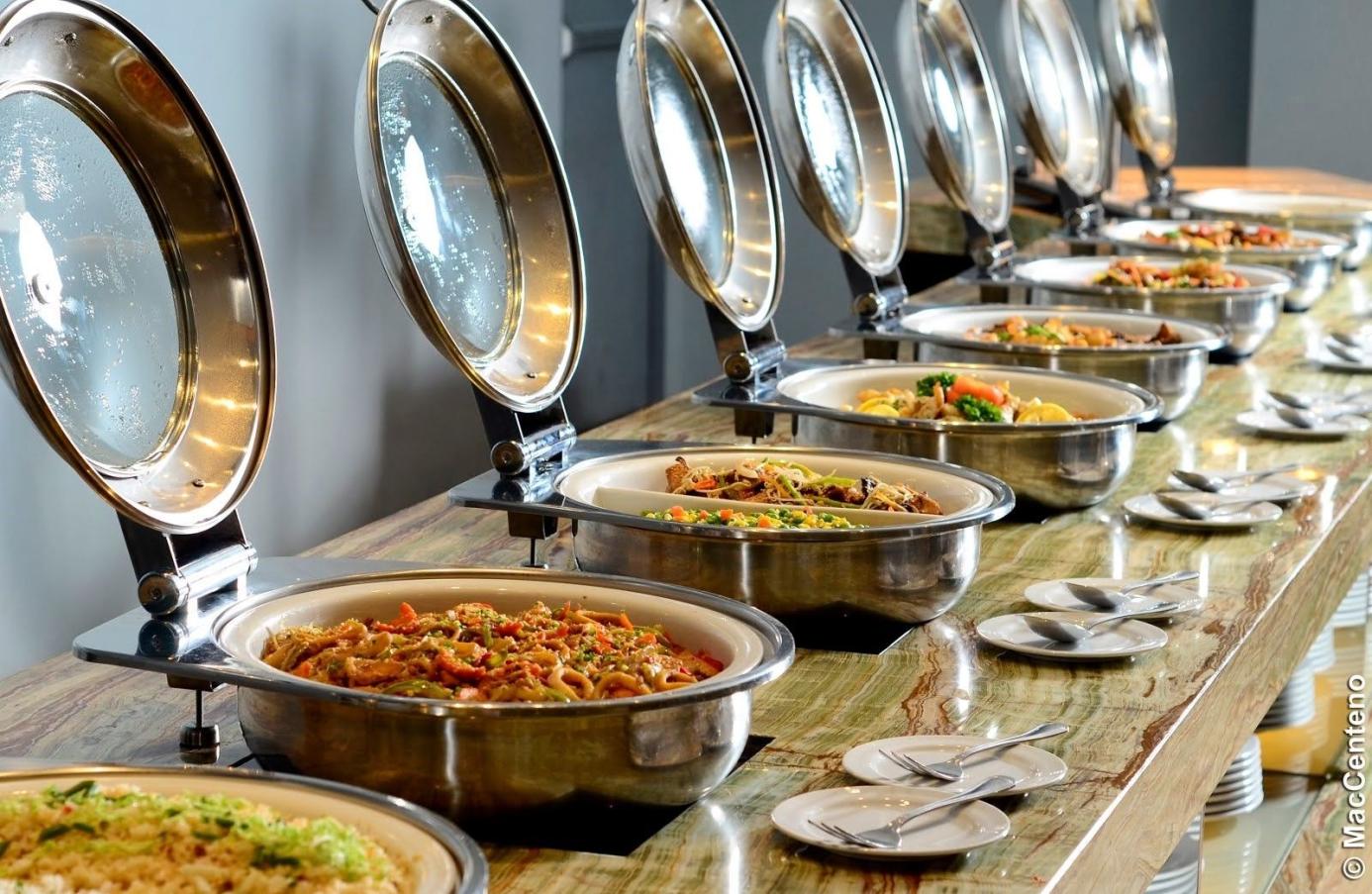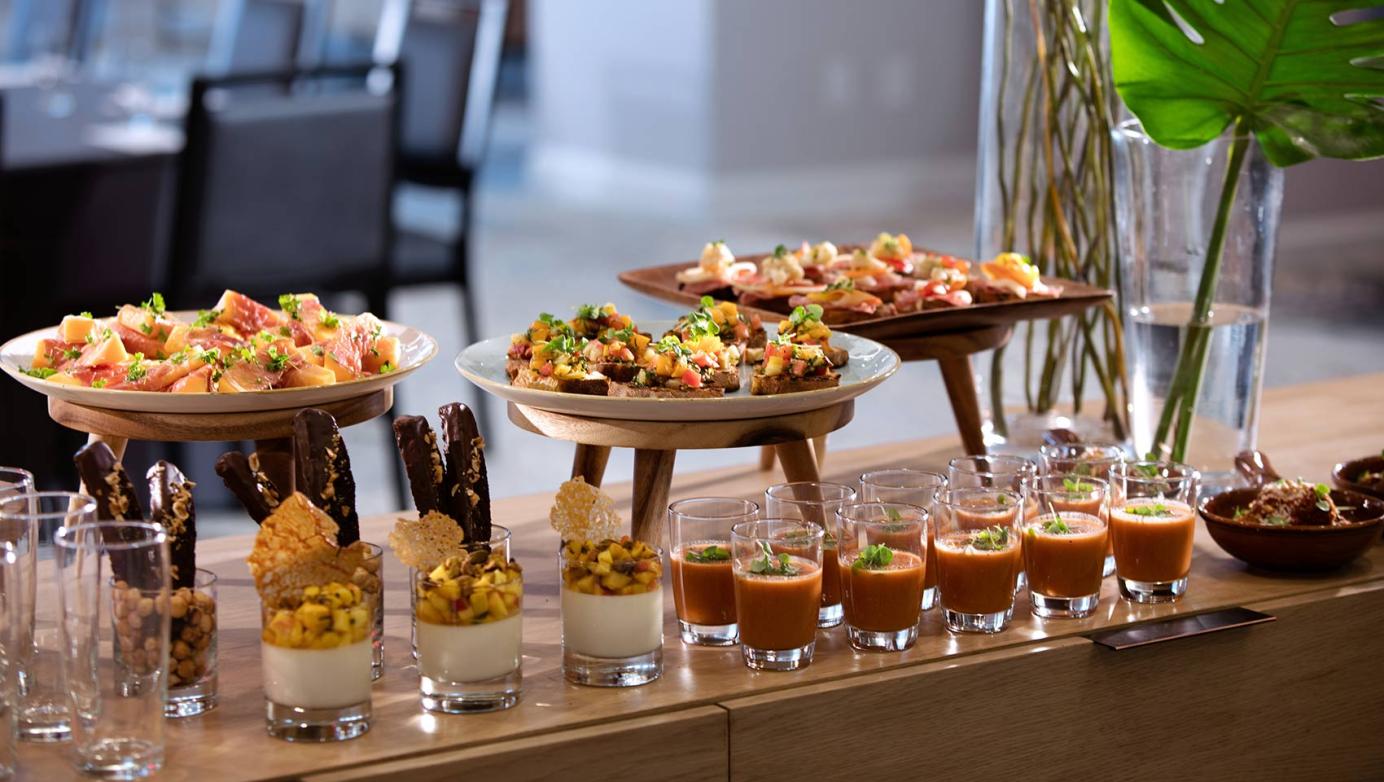How to Create a Wedding Catering Menu That Accommodates Guests With Different Dietary Restrictions?
Weddings are joyous occasions that bring together family and friends to celebrate the love and commitment of two people. However, for guests with dietary restrictions, attending a wedding can be a stressful and potentially harmful experience if their dietary needs are not accommodated. Creating an inclusive wedding catering menu that addresses various dietary restrictions is essential for ensuring the well-being and enjoyment of all guests.

Understanding Dietary Restrictions:
Dietary restrictions encompass a wide range of conditions, including allergies, intolerances, and preferences. It is crucial to understand the different types of dietary restrictions and their implications to effectively cater to the needs of your guests.
- Allergies: Food allergies are severe reactions to specific foods that can cause life-threatening symptoms. Common allergens include peanuts, shellfish, dairy, eggs, wheat, and soy.
- Intolerances: Food intolerances are adverse reactions to certain foods that typically cause less severe symptoms, such as digestive discomfort, bloating, and headaches. Common intolerances include lactose intolerance and gluten sensitivity.
- Preferences: Dietary preferences are choices individuals make based on ethical, religious, or health reasons. Common preferences include vegan, vegetarian, and kosher diets.
Menu Planning Strategies:
Creating an inclusive wedding catering menu requires careful planning and collaboration between the couple and the caterer.
- Early Communication: Encourage couples to communicate dietary restrictions to the caterer as early as possible in the planning process. This allows ample time to develop a comprehensive menu that addresses all dietary needs.
- Collaboration with Caterers: Work closely with your caterer to develop a menu that offers a variety of dishes to ensure there are options for everyone. Consider offering both traditional and alternative dishes to cater to different preferences and restrictions.
- Variety of Dishes: Provide a variety of dishes to ensure there are options for everyone, regardless of their dietary restrictions. This includes offering dishes that are free of common allergens, gluten-free, vegan, and vegetarian.
Specific Dietary Considerations:

When planning your wedding catering menu, it is essential to consider specific dietary restrictions and preferences.
Allergies:
- Identify and Avoid Allergens: Work with your caterer to identify and avoid allergens that may be present in your menu. This includes nuts, shellfish, dairy, eggs, wheat, and soy.
- Detailed Ingredient Lists: Provide detailed ingredient lists for each dish to allow guests to make informed choices.
Intolerances:
- Address Common Intolerances: Address common intolerances, such as lactose intolerance and gluten sensitivity, by offering alternative options for dishes containing problematic ingredients.
- Alternative Options: Provide alternative options for dishes containing problematic ingredients, such as dairy-free milk, gluten-free bread, and vegan cheese.
Preferences:
- Accommodate Preferences: Accommodate dietary preferences, such as vegan, vegetarian, and kosher diets, by including dishes that cater to specific dietary choices.
- Variety of Options: Offer a variety of dishes that cater to different dietary preferences, ensuring that all guests have options they can enjoy.
Presentation And Labeling:
Presentation and labeling are crucial for ensuring that guests with dietary restrictions can easily identify and choose dishes that are safe for them to consume.
- Clear Labeling: Clearly label dishes with their dietary restrictions. This can be done using signs, cards, or stickers.
- Creative Presentation: Use creative presentation techniques to make dishes visually appealing and enticing, even for guests with dietary restrictions.
- Separate Serving Areas: Consider using separate serving areas for dishes with specific dietary restrictions to avoid cross-contamination.
Communication With Guests:

Communication with guests is essential for ensuring that their dietary needs are met.
- Detailed Information: Provide guests with detailed information about the menu and dietary restrictions in advance. This can be done through wedding invitations, websites, or social media.
- Encourage Communication: Encourage guests to communicate their dietary needs to you or your caterer in advance. This allows you to make necessary arrangements to accommodate their needs.
- Be Prepared to Answer Questions: Be prepared to answer questions and offer assistance to guests with dietary restrictions during the event.
Creating an inclusive wedding catering menu that accommodates guests with different dietary restrictions is a crucial aspect of planning a successful and enjoyable wedding. By understanding dietary restrictions, planning carefully, and communicating effectively with guests, couples can ensure that all their guests feel welcome, safe, and well-catered for on their special day.
YesNo

Leave a Reply